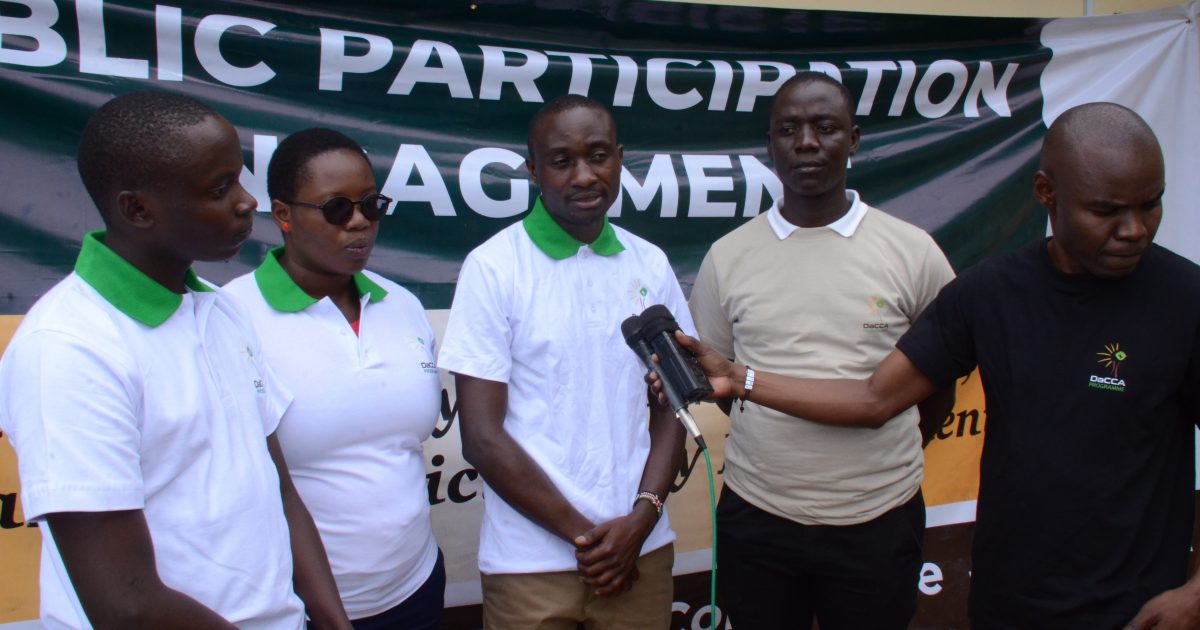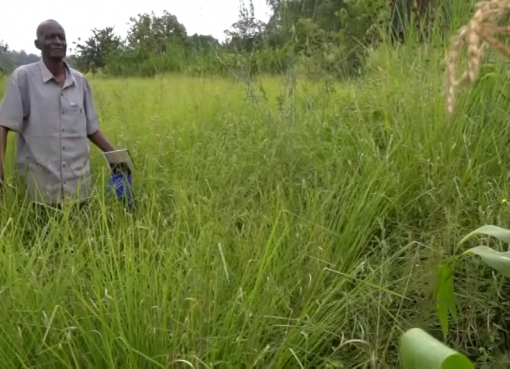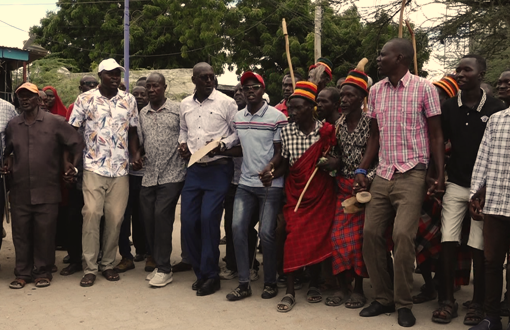Climate Change actors in Migori have embarked on the climate change sensitisation exercise that aims to help various communities cope with climate change challenges.
Devolution for Climate Change Adaptation initiative (DACCA) County Director Mr. Milton Oboka said that they were specifically looking at how communities can be supported by the devolved units to come up with appropriate climate change interventions.
DACCA programme has been engaging the community at ward levels and with the County Government partnership, they formulated the County Climatic Change Policy Act.
The official noted that the DACCA initiative was currently working with the department of environment to publicise a community based version of the climate change policy to sensitise the community of its content.
The policy which focuses on the adaptation of climate solutions at regional and local levels also focuses on assessing the feasibility of various adaptation strategies to curb current and predicted impacts of climate change at ward levels.
He also said that the initiative had established climatic change committees at ward levels in areas affected by droughts such as Nyatike Sub County which is classified as a Semi-Arid Area and has been experiencing drought and floods in recent years.
“We are so far implementing climate change mitigation in Nyatike, Suna West and Kuria West and we call upon the County Government of Migori to formulate ward climate change committees in the remaining wards to fully tackle climate change,” Oboka noted.
Although the county has a functional climate change board, the implementation of the county climate change policy has not been fully achieved.
The policy stipulates that two percent of the County’s budget should address climate change intervention in the existing 40 wards.
Oboka explained that DACCA and other proponents of the county climate change mitigation have asked the new administration to fully implement the budget and help address issues of river banks, soil erosion, drought, and floods in the county.
In the 2022-2023 Financial Year, Migori was awarded Sh8.9 billion with a proposed two percent allocation for Climate Change mitigation.
In the last four years, DACCA has also been working with the community dialogue forums and ward climate change champions to advocate, mitigate and sensitise the local communities on the effects of climate change.
Oboka underlined that the DACCA programme in partnership with the County, NGOs, climate advocates and Youth League have been training the community on how to identify and address the challenges of climate change.
He said that the Ward Climate change action plans will help the county to address specific challenges and propose interventions facing each ward.
Migori County has seen its fair share of climate change effects that includes a fish reduction in Lake Victoria, river erosion and Lake Siltation, and floods in lower Nyatike.
One of the major problems with climate change has been funding and according to Oboka, it will require political goodwill from both the national and county governments to implement the stipulate climate change budgetary allocation.
One of the key themes addressed during COP27 was the persistent shortfall in climate finance that has led to frustration on the part of the developing world.
Climate finance seeks to help finance both the clean energy and climate adaptation transition majorly in third-world countries.
Tunaweza empowerment officer and environmentalist Ms. Gloria Ochola, emphasised that they intend to compel the County Assembly of Migori to pass legislation and bylaws that may make the environment department work closely with communities that are much affected by the climate change adaptation exercise.
Ocholla underscored that the issues of hunger, water shortage and floods that have been affecting Migori County especially Nyatike Sub County can only be addressed if the county climate change policy budgetary allocation is fully functional.
She said that the resources can help mitigate climatic change to help protect and nurture future generations of animals, plants, and humans.
The environmentalist added that without the climate finances both at the national and county levels, the formulated action plans and the developmental climate tools cannot be realised.
By Geoffrey Makokha




